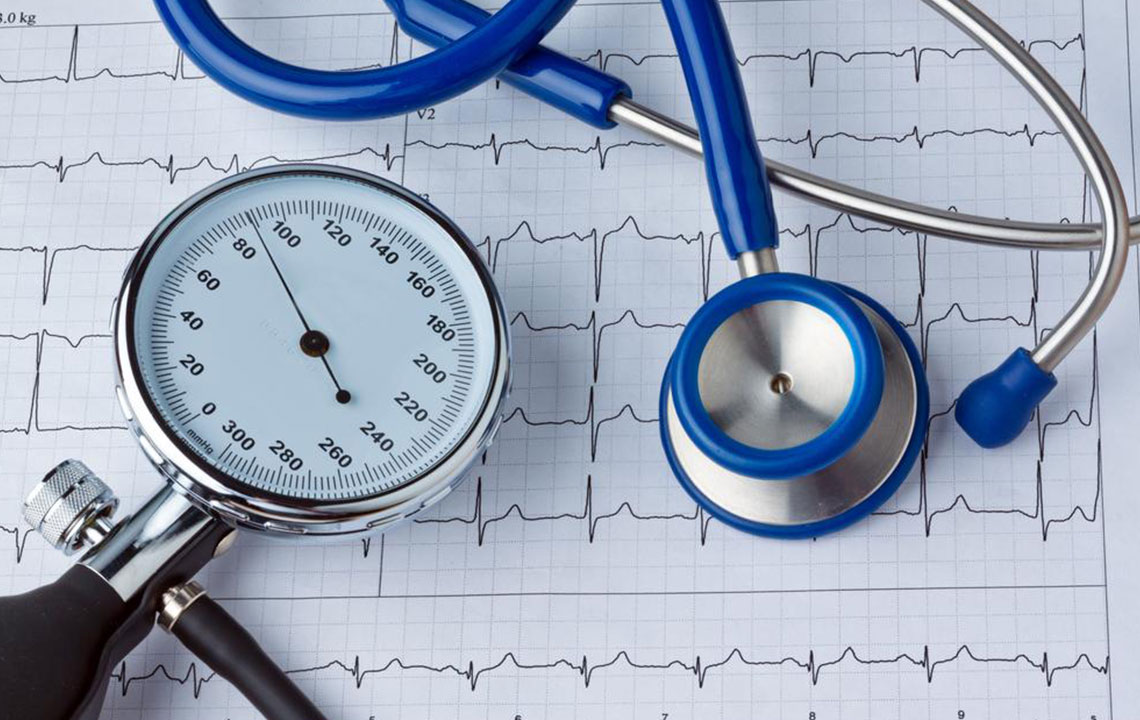Understanding Hypertension: Symptoms and Treatment Options
High blood pressure often shows no symptoms but can lead to serious health issues if untreated. Regular checkups, recognizing warning signs, and prompt management are crucial. This article discusses symptoms, risk factors, and treatment strategies for hypertension, including severe malignant hypertension, emphasizing the importance of early intervention to prevent organ damage and life-threatening complications.

Understanding Hypertension: Symptoms and Treatment Options
High blood pressure, often called the silent menace, can lead to serious health issues if overlooked. Medical professionals refer to consistently elevated blood pressure as hypertension. Typically, hypertension shows no noticeable symptoms, and many individuals discover their condition only during routine checkups. Common signs like nosebleeds, shortness of breath, or headaches are not definitive indicators. Most symptoms are vague and often appear only after significant health deterioration. Regular screenings are crucial for early detection and management.
Research indicates that the number of people affected by high blood pressure is rising rapidly, with many remaining undiagnosed. Uncontrolled hypertension increases risks for eye problems, kidney failure, heart complications, and strokes—conditions that may become life-threatening if ignored. Medical experts recommend blood pressure checks at least twice yearly for at-risk individuals and every five years for healthy adults. If family members suffer from hypertension, regular monitoring is advised.
Key Signs of High Blood Pressure include:
Blood in urine
Chest pain
Breathing issues
Severe headaches
Extreme fatigue
Vision changes
Palpitations
Confusion
Irregular heartbeat
If you experience any of these symptoms, seek medical help immediately. Ignoring them can lead to serious events like strokes or heart attacks.
Factors Contributing to Hypertension
While the exact cause of high blood pressure varies, risk factors include chronic stress, smoking, excessive alcohol intake, high salt consumption, genetic predisposition, ethnicity, inactivity, and obesity.
Understanding Malignant Hypertension
Severe, rapidly rising blood pressure—known as malignant or accelerated hypertension—can cause organ damage. Prompt reduction of blood pressure is vital, often requiring ICU intervention. Such high levels can lead to complications like encephalopathy, heart failure, stroke, aneurysms, and pulmonary issues. This rare but dangerous condition predominantly affects untreated hypertensive patients or those neglecting medication adherence.
Symptoms of Malignant Hypertension include:
Chest pain
Seizures
Breathing difficulties
Swelling (edema)
Headaches
Diagnosis and Management
Physicians review medical history thoroughly and perform tests such as blood pressure monitoring, eye exams, urine analysis, and blood tests to assess organ health. Immediate treatment involves intravenous medications to quickly lower blood pressure and prevent further damage. Organ-specific therapies may also be necessary depending on the deterioration extent.
Never underestimate symptoms of high blood pressure. Quick action and proper medication under medical supervision are essential to prevent life-threatening complications.










